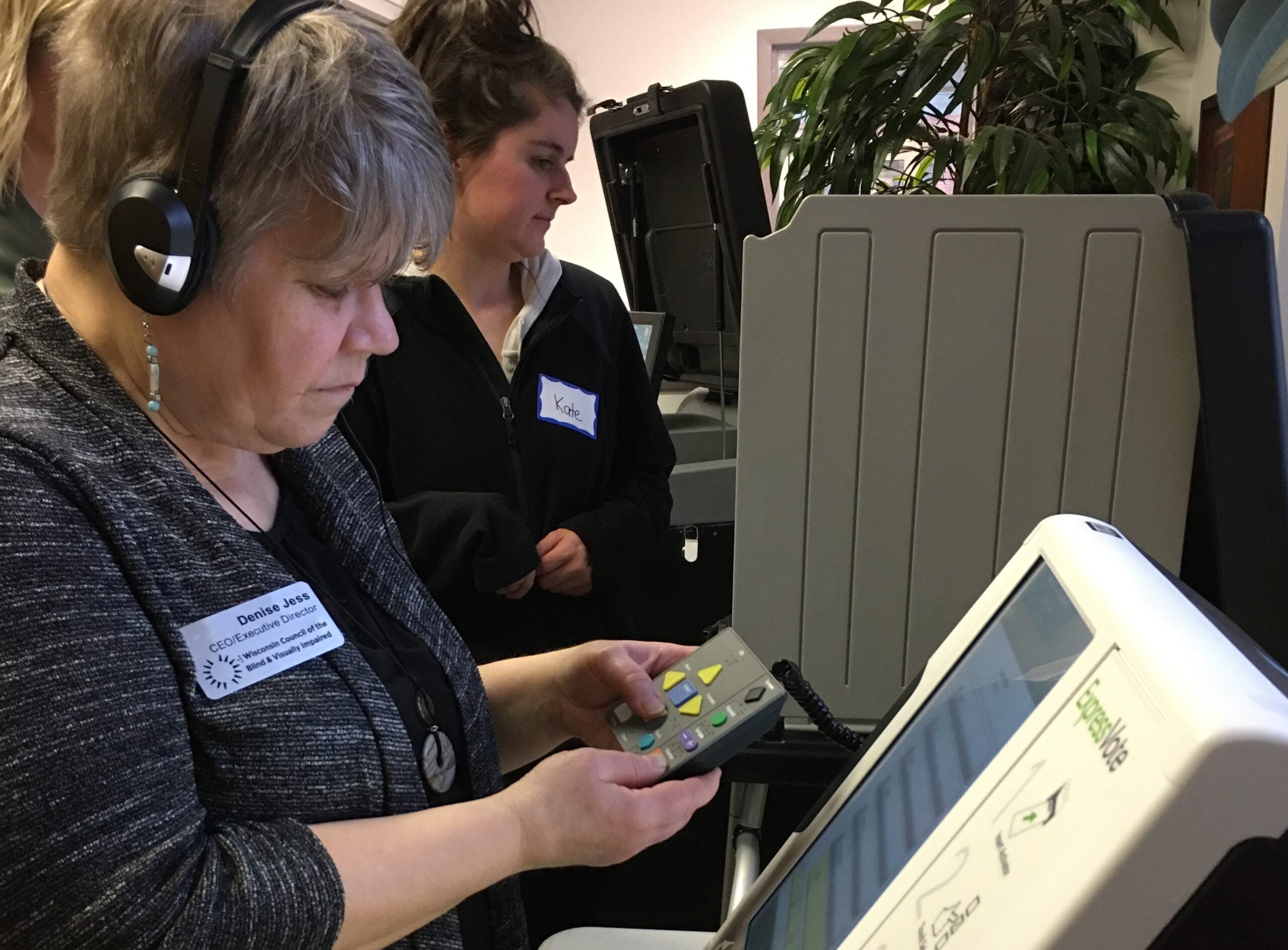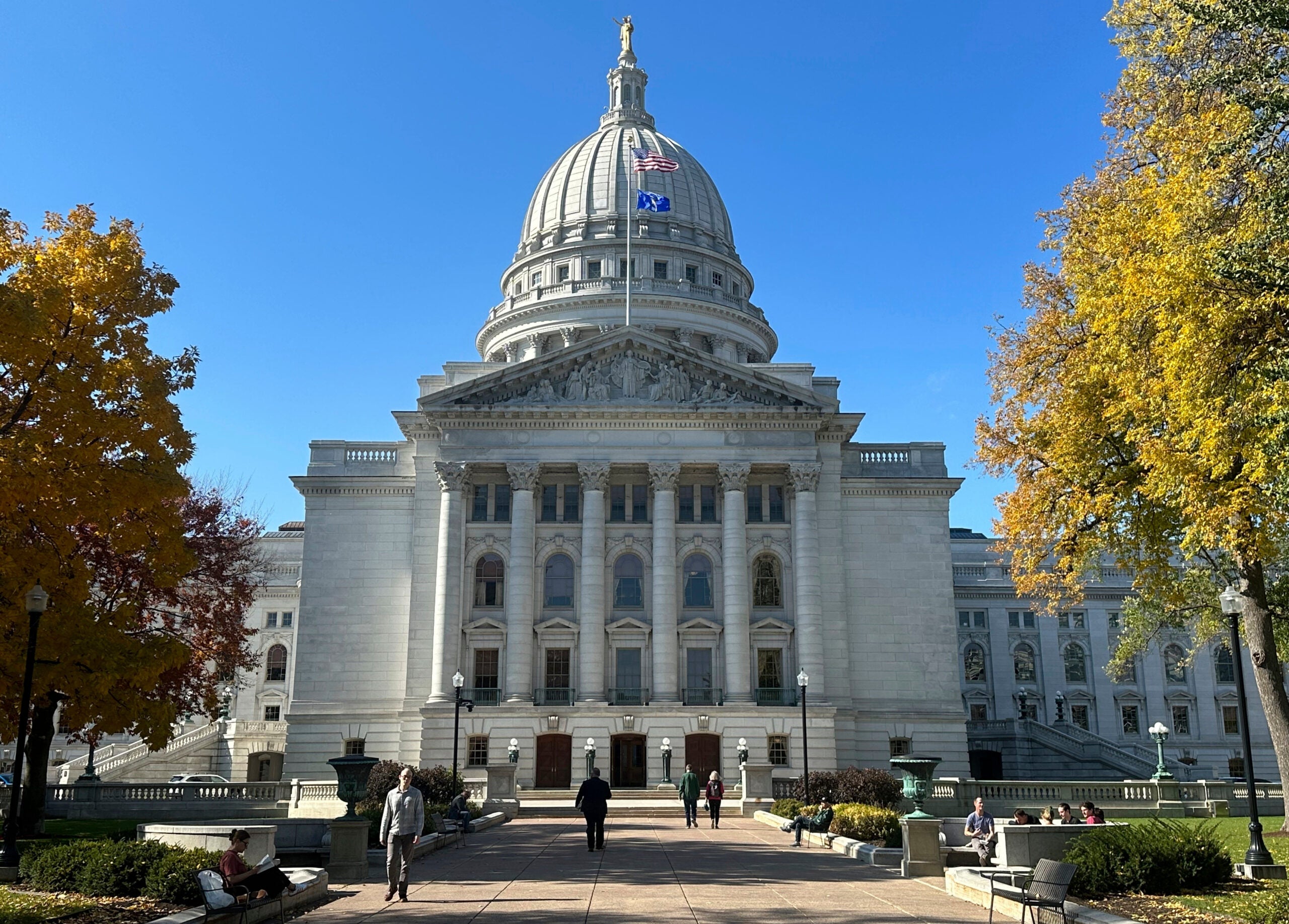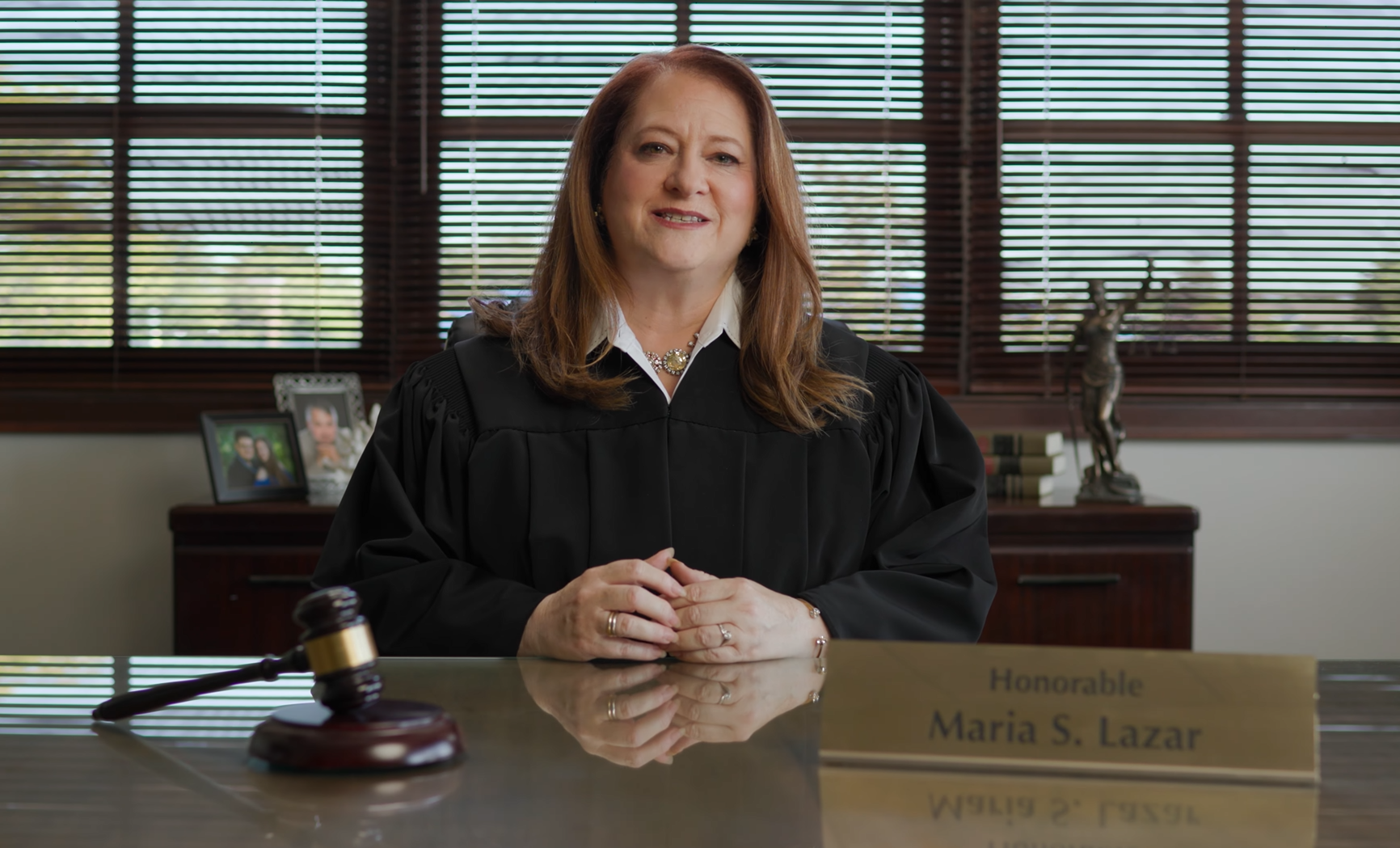The Wisconsin Supreme Court agreed Monday to take a case that could result in about 130,000 people being removed from voter rolls in Wisconsin.
The case, brought by the conservative Wisconsin Institute for Law and Liberty (WILL) in November, argues state law requires the Wisconsin Elections Commission to remove those individuals if they don’t respond to a so-called “movers mailing” within 30 days. Commission policy currently allows voters to stay on official rolls for up to two years after the mailing is sent.
The mailing goes to people flagged as potentially having moved in Wisconsin or out of state by the Electronic Registration Information Center (ERIC), a nonprofit, multi-state group that helps member states keep their voter registration lists current. ERIC identifies individuals who may have changed addresses after they file official government paperwork with a new address, like a vehicle registration or change of address form.
News with a little more humanity
WPR’s “Wisconsin Today” newsletter keeps you connected to the state you love without feeling overwhelmed. No paywall. No agenda. No corporate filter.
After receiving a notification from ERIC, the commission sends a postcard to the address where the potential mover is registered to vote and asks them to confirm whether they still live there.
Under current agency policy, the Wisconsin Elections Commission will wait up to two years before removing someone from voter rolls if they don’t respond to the mailing and haven’t registered to vote at a different address in the state.
WILL argues state law dictates the commission must remove individuals who don’t respond to the communication within 30 days.
The commission sent the mailer to about 232,000 people in October 2019. Since then, many have confirmed they still reside at their address or have registered at a new address in Wisconsin. According to the commission, there were about 129,000 people who had not done either as of mid-May. Those individuals would be removed from the rolls if the Supreme Court sides with WILL in the case.
WILL argues the agency’s policy could make Wisconsin vulnerable to voter fraud. It filed the lawsuit in Ozaukee County Circuit Court, which sided with the organization in a December decision.
In January, the Wisconsin Supreme Court declined to take the case on an expedited appeal, which would have bypassed the state appellate court system. The court split 3-3 on whether to take the case immediately, with then newly elected conservative Justice Brian Hagedorn joining the court’s two liberals in voting to deny the petition. Fellow conservative Justice Daniel Kelly, who was up for election in April, declined to hear the case, citing a conflict of interest because he was on the ballot.
On the same day the court declined to hear the case in January, the Ozaukee County judge held some liberal-appointed Wisconsin Elections Commission commissioners in contempt of court for failing to immediately follow his order and remove the voters in question from the rolls. Commissioners said action was premature, pending appeals.
A state appeals court overturned the lower court in February, further setting up an appeal to the state Supreme Court.
Kelly, having lost his election bid in April, has since ended his recusal from considering the case, setting the court up for a possible 4-3 vote on accepting the appeal. Details of how justices voted on the appeal were not available Monday. The court will have a 5-2 conservative majority until August, when liberal Justice-elect Jill Karofsky will take over the seat currently held by Kelly and shift the balance to 4-3.
A briefing schedule set out in the Supreme Court’s order Monday gives parties in the case 30 days to submit briefs to the court and another 30 days for reply briefs.
Political insiders will watch the case closely as it develops ahead of November’s election. Wisconsin has seen razor-thin margins in several recent elections, underscoring the importance of every vote.
Wisconsin Public Radio, © Copyright 2025, Board of Regents of the University of Wisconsin System and Wisconsin Educational Communications Board.







